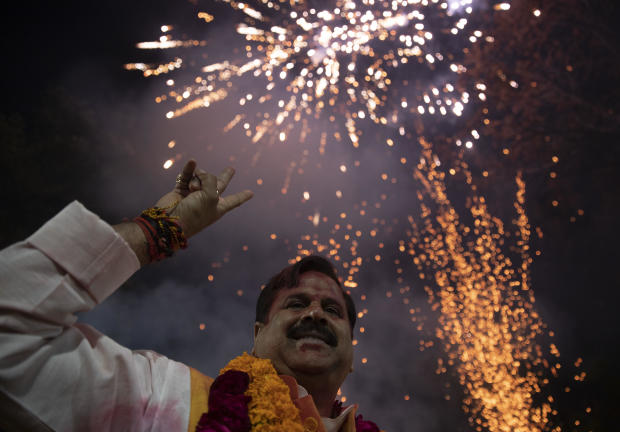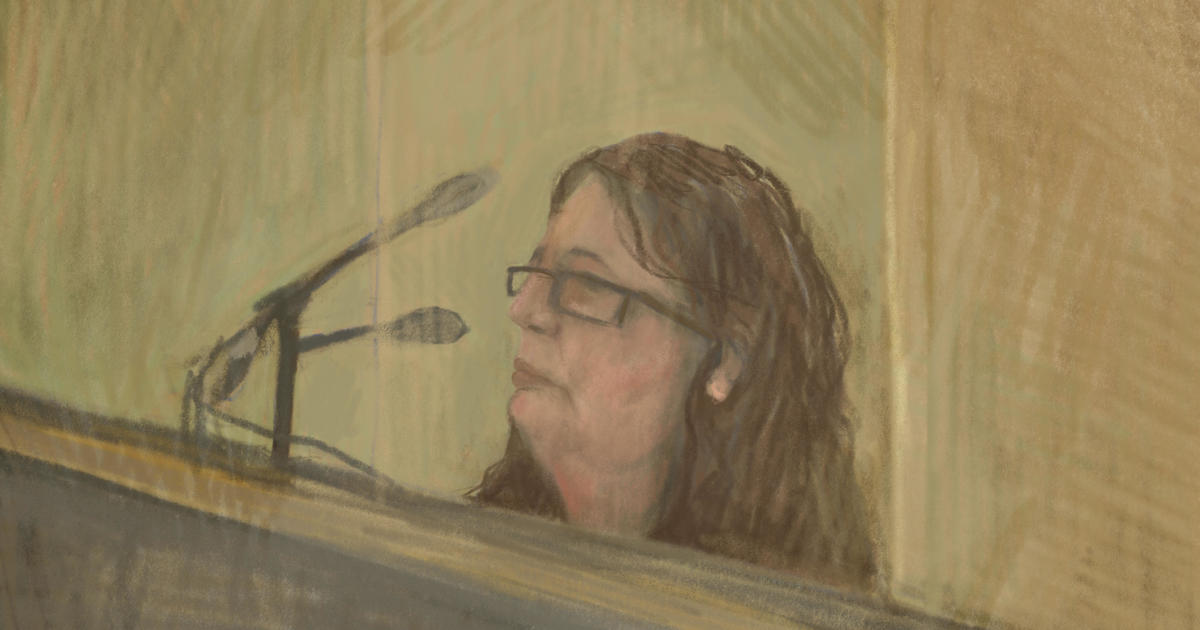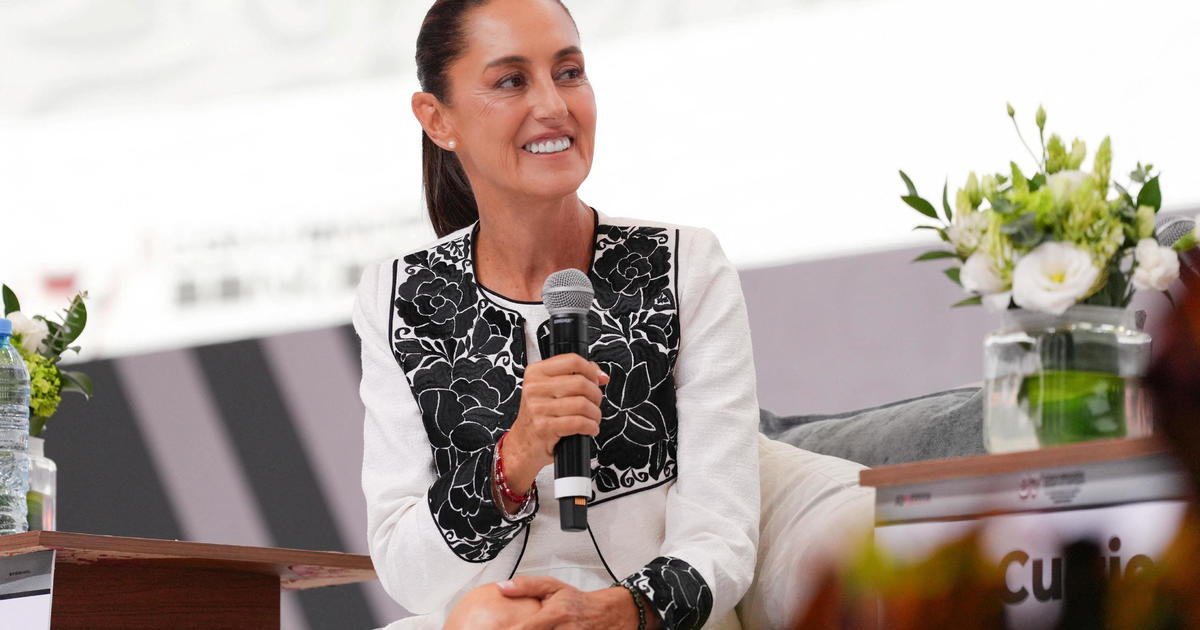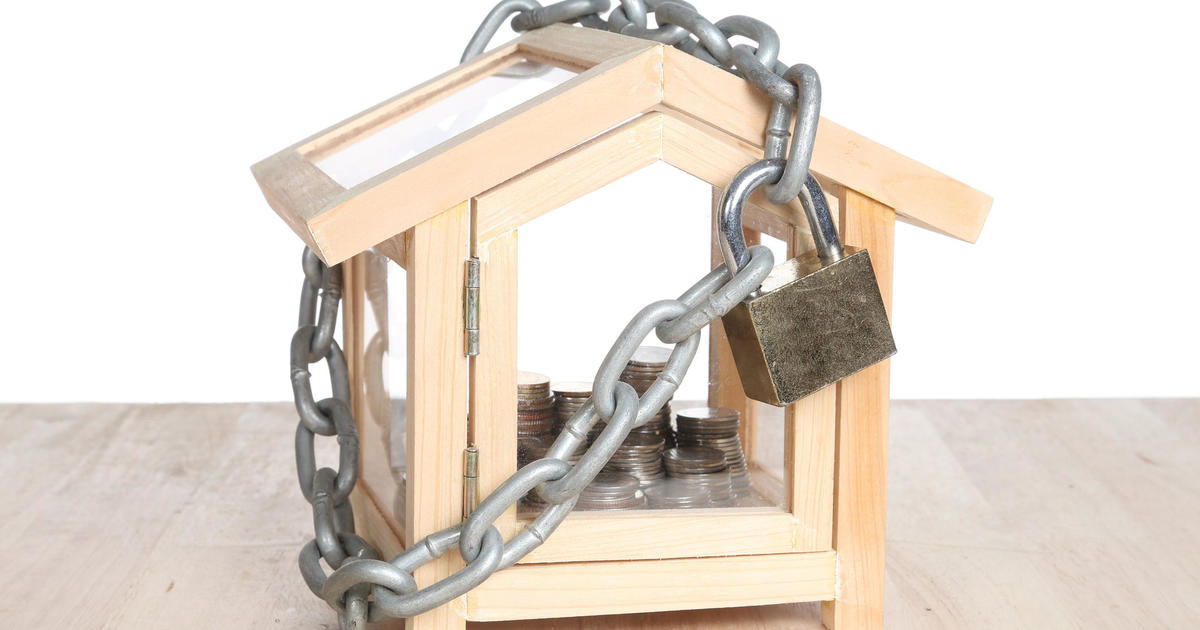Why India's election results may worry the country's 200 million Muslims
New Delhi - India's ruling Bhartiya Janata Party (BJP) has retained power in the country's most populous state, Uttar Pradesh, in an election that was seen as a test of Prime Minister Narendra Modi's popularity ahead of general elections in 2024 when he will seek a third term in office.
The BJP won more than 270 of 403 seats in the state assembly, well over the 202 needed to form Uttar Pradesh's state government. The resounding victory makes the BJP the first political party in over three decades to win consecutive terms in the bellwether state.
Uttar Pradesh is home to more than 220 million of India's 1.32 billion people. The state sends the most legislators (80) to the country's national parliament. Its chief minister, Yogi Adityanath, who has just won his second term in office, is a Hindu monk-turned-politician who some political pundits believe is a possible successor to Modi on the national stage.
Adityanath openly backs his party's Hindu nationalist agenda. He denies being anti-Muslim, but his rise to power in the state has coincided with anti-Muslim hate crimes and violence there, including lynchings.
Besides Uttar Pradesh, the BJP also won elections in the states of Uttarakhand, Manipur, and Goa this week. The party only lost in one of the five states that held elections, Punjab.
These elections were held in the aftermath of several deadly waves of COVID-19, which threw the country's economy into tatters, worsening unemployment and inflation. It also came on the heels of widespread protests by farmers that posed the biggest challenge to Modi's government to date.
"But the economic anxiety of the people did not translate into a vote against the BJP, as many would have assumed," Neelanjan Sircar, a senior fellow with Centre for Policy Research, an Indian think-tank, told CBS News.
"Hindutva" and fear for minorities
"Hindutva ideology is always a factor with BJP's wins," Sircar said, referring to the party's officially adopted policy of "cultural nationalism," but he said Thursday's election results were also about the BJP's "ability to build a narrative on issues and a persona around Modi."
India is home to more than 200 million Muslims. BJP's critics say the party has deliberately polarized national politics along sectarian lines and marginalized minorities, citing controversial new citizenship laws, a hijab ban, and even speeches by politicians advocating attacks on Muslims.
The BJP insists it is true to its inclusive slogan of "sabka sath, sabka vikas," or "everyone's support, everyone's development."
But right-wing organizations in the country speak openly of their vision to turn secular India into a Hindu Rashtra (nation), and activists fear the BJP will quietly allow things to move in that direction, which could mean Muslims' rights being curtailed, and increased violence.
"My fear is, as people look at what's happened in Uttar Pradesh, the new model for someone trying to come up within the BJP is to be more aggressive," Sircar told CBS News.




